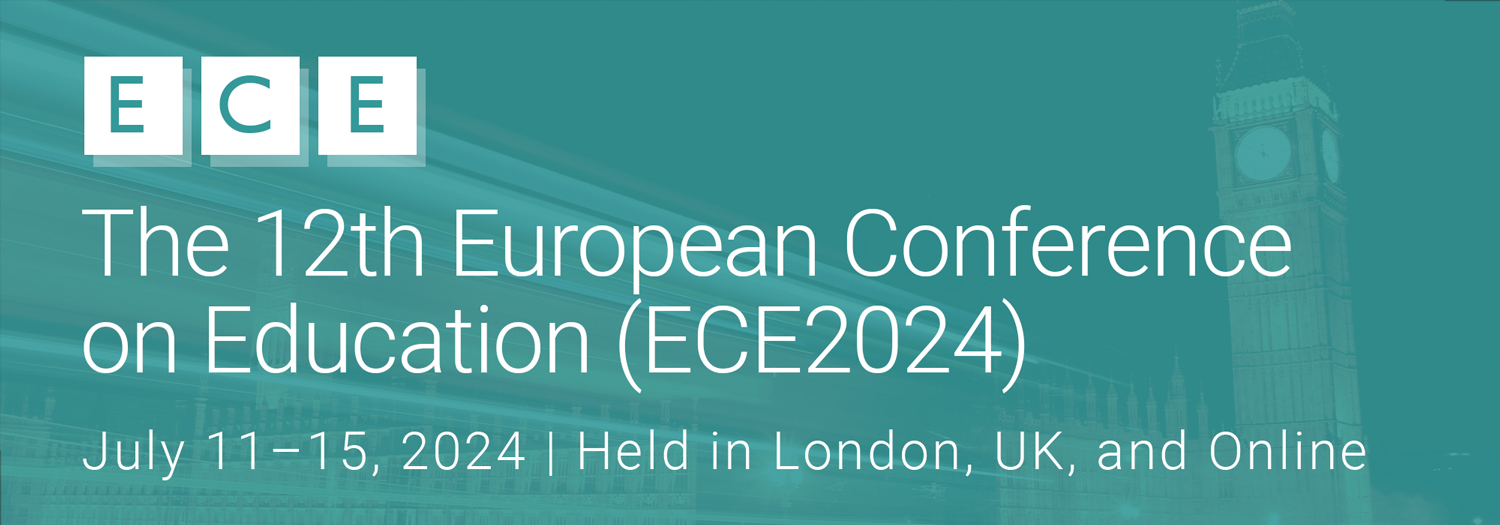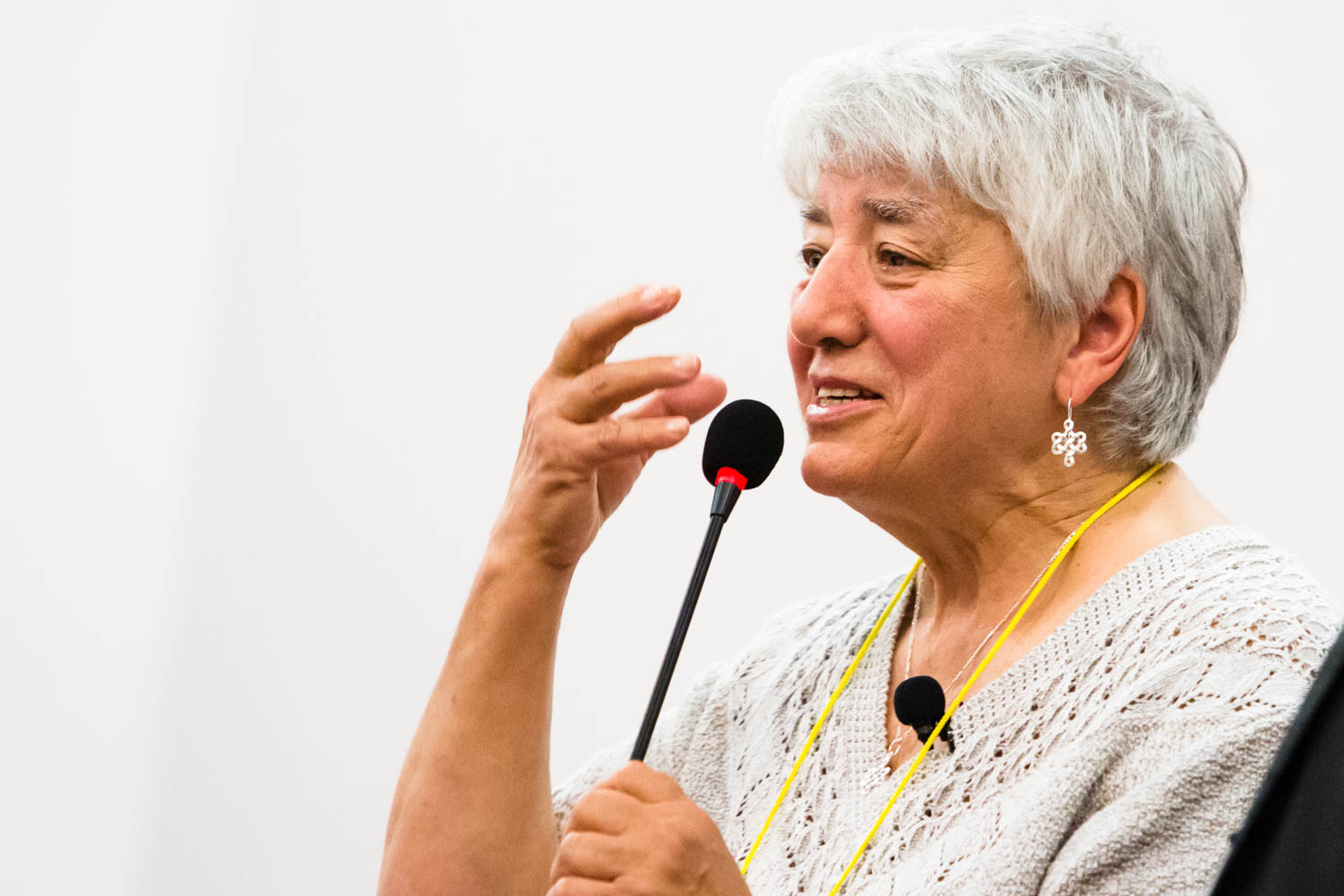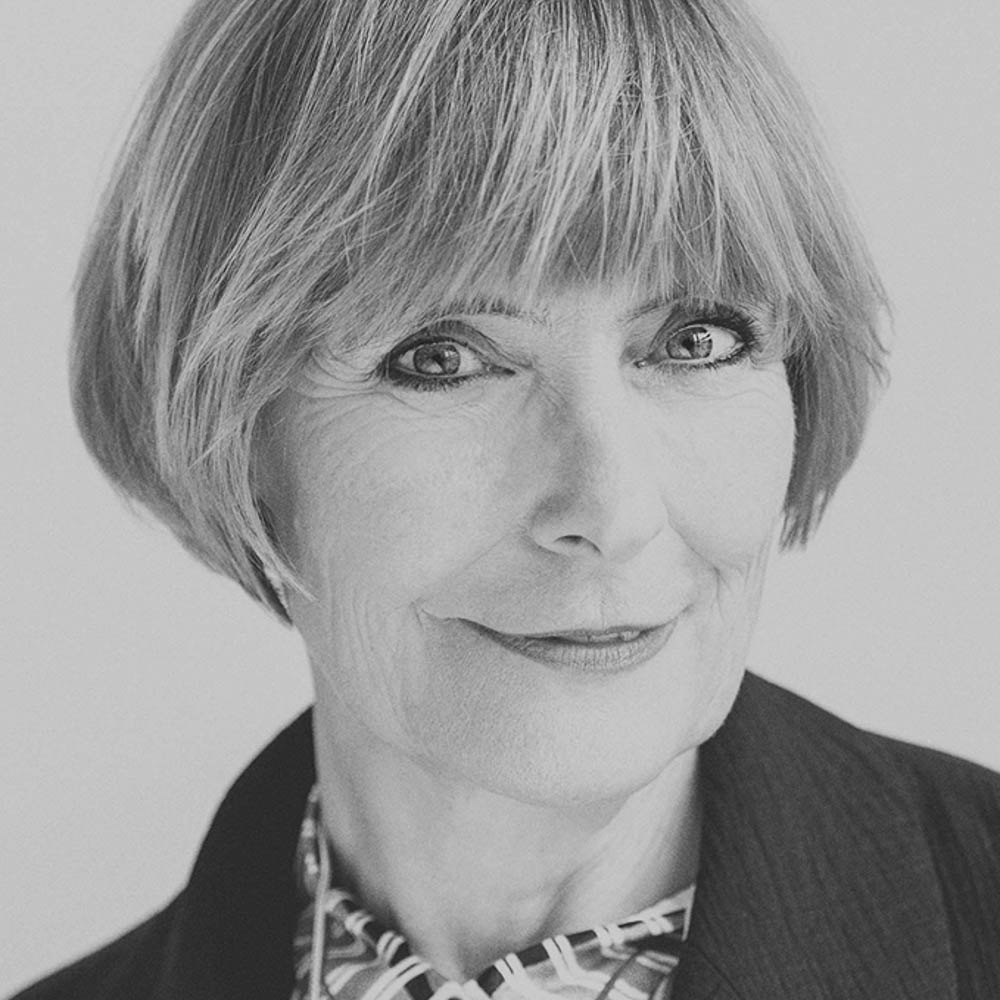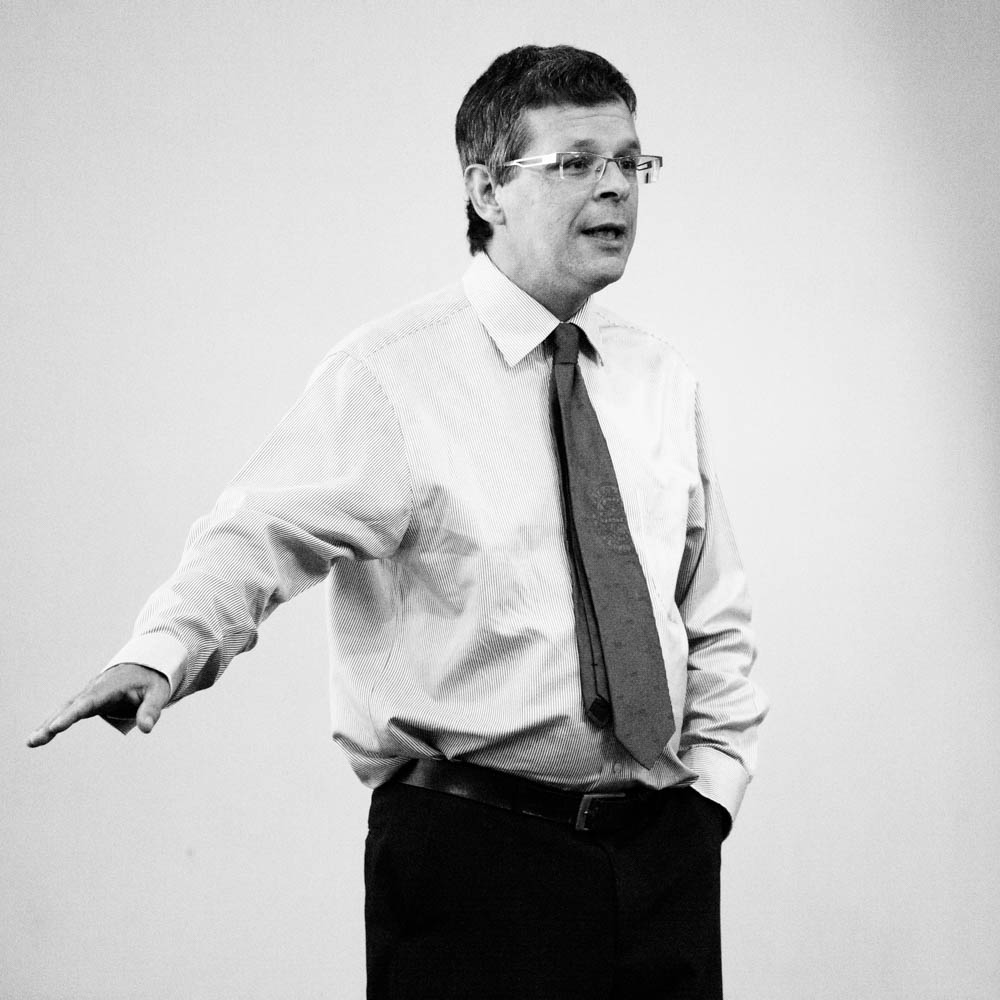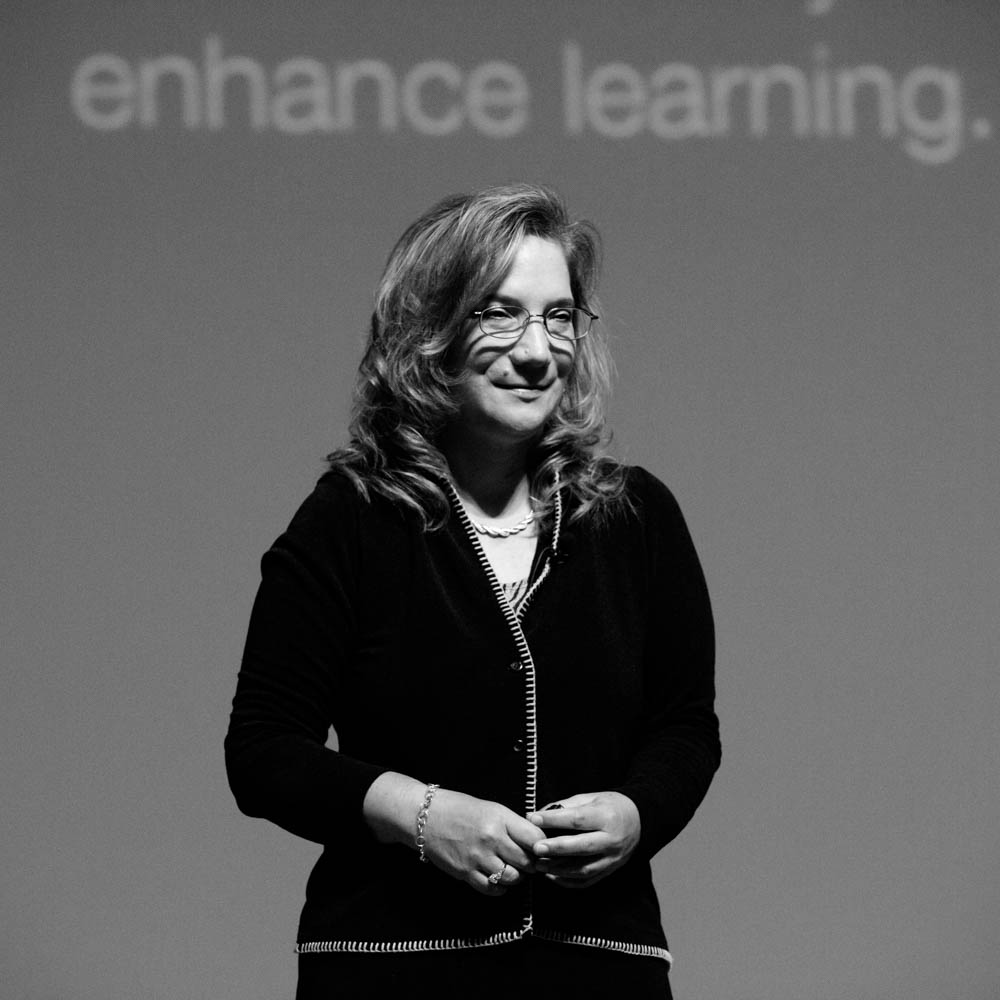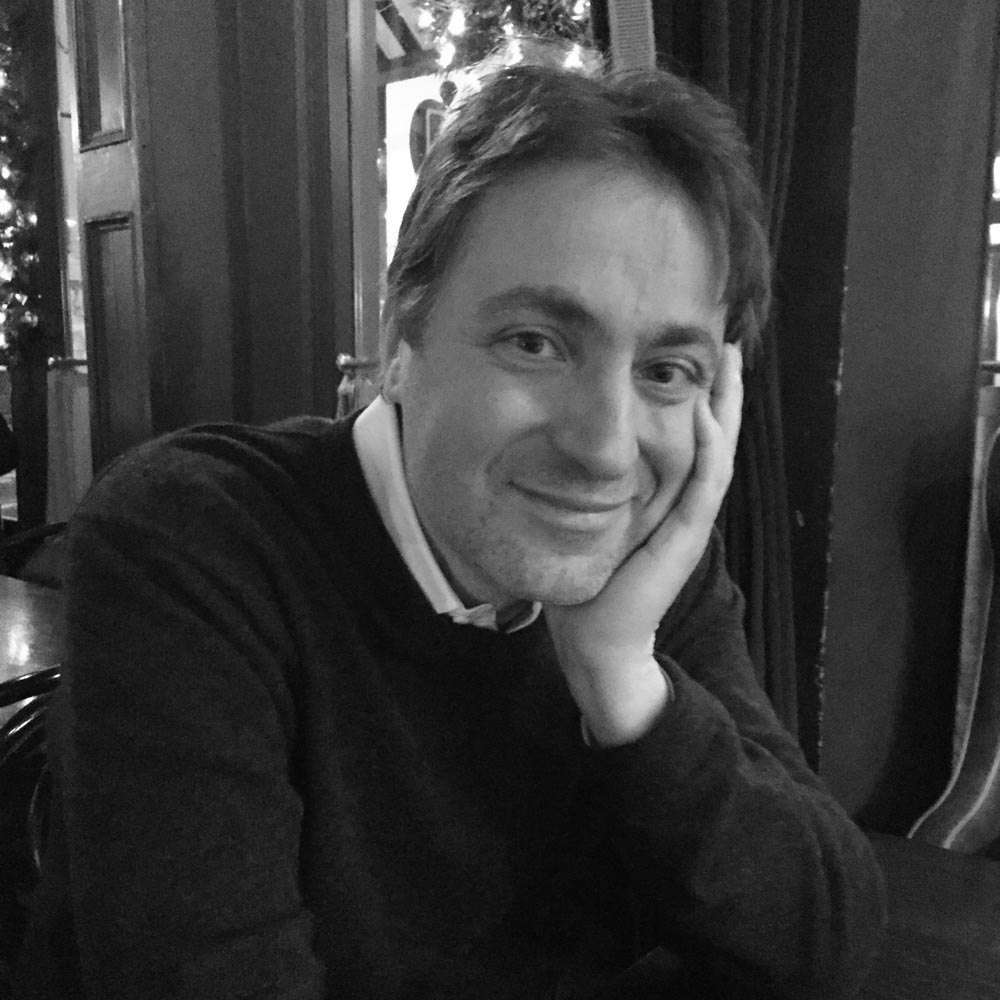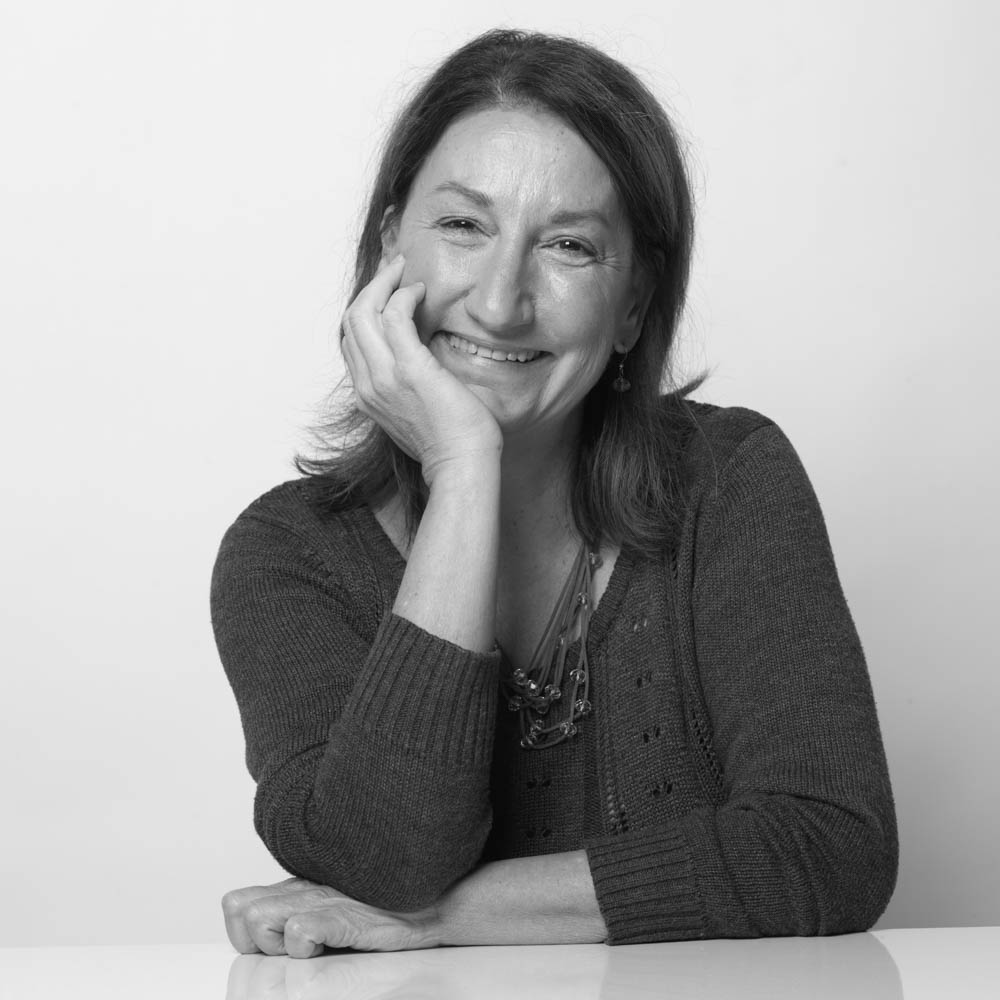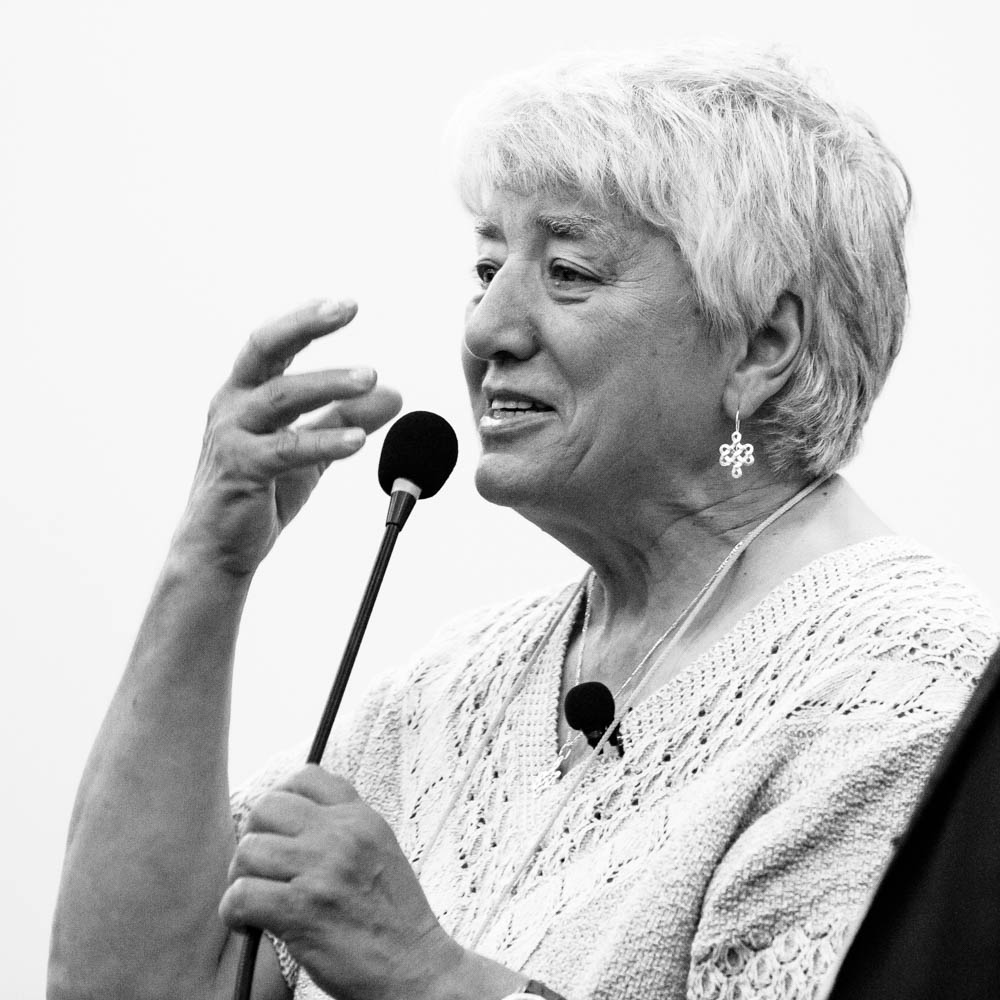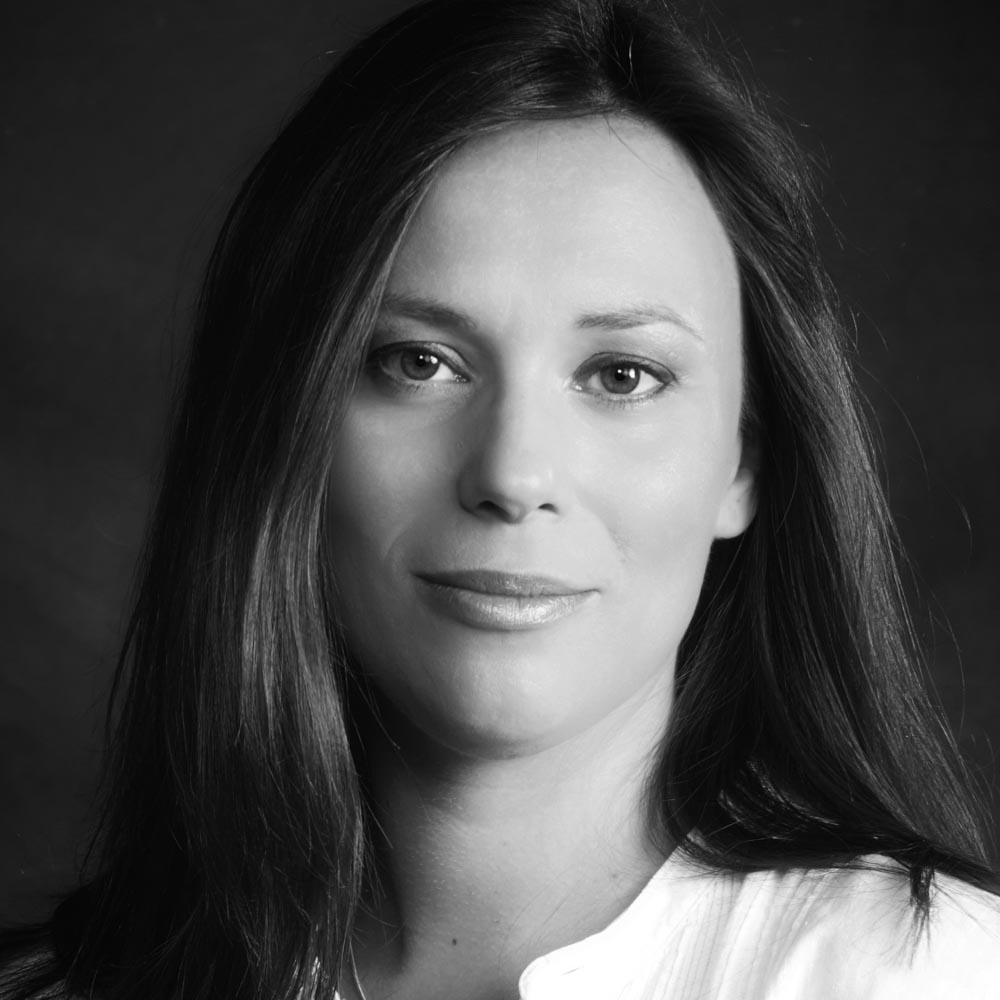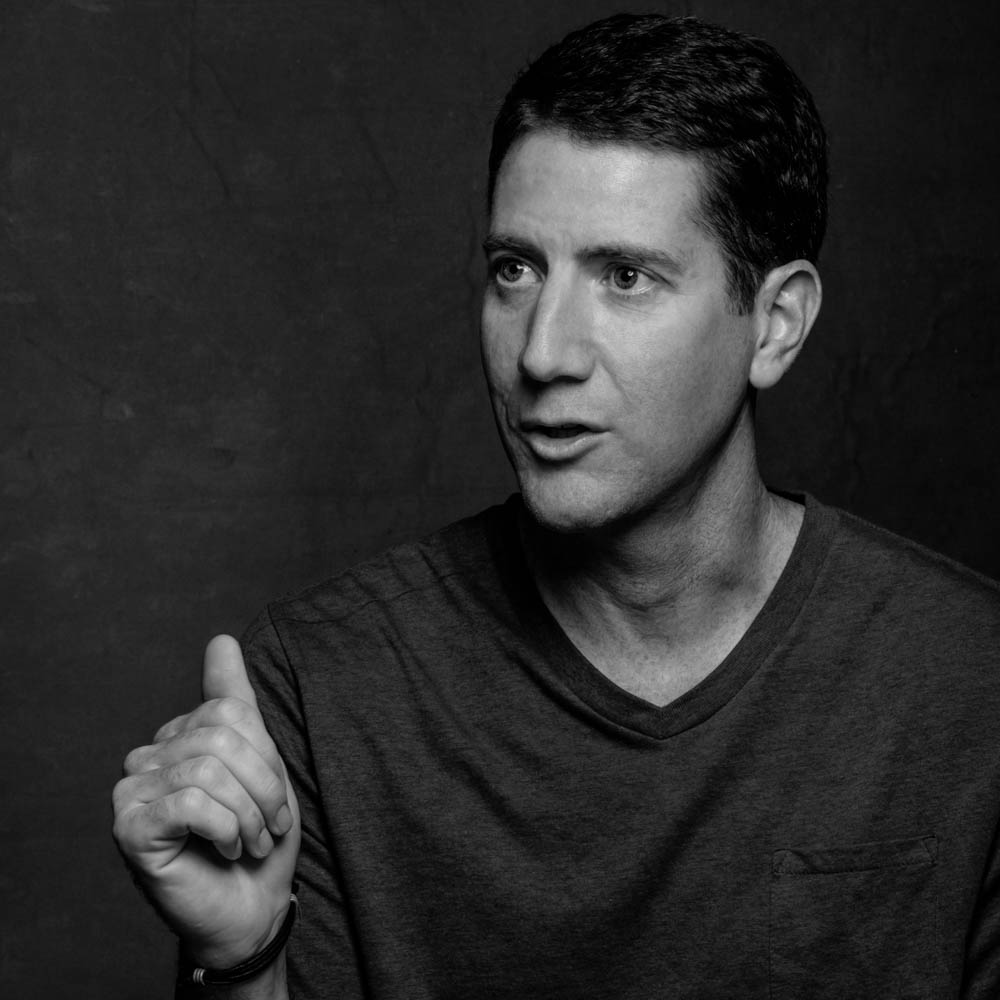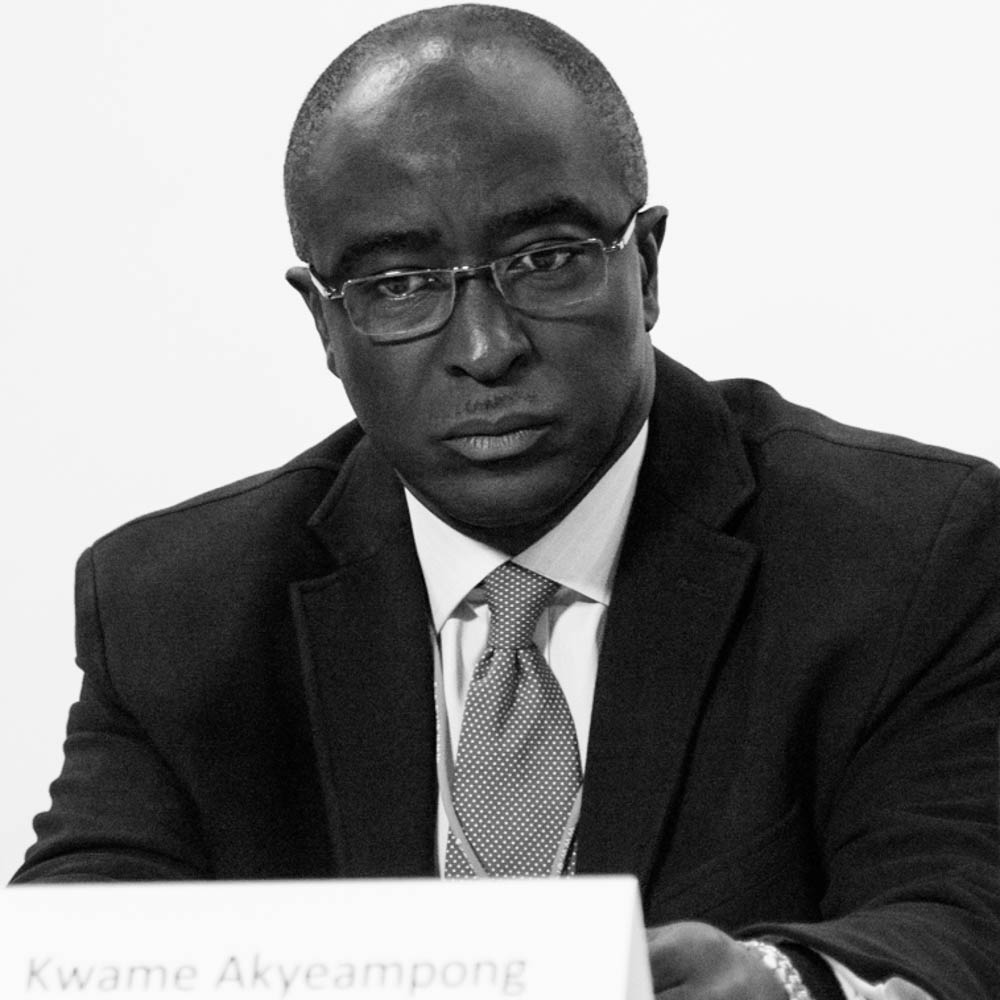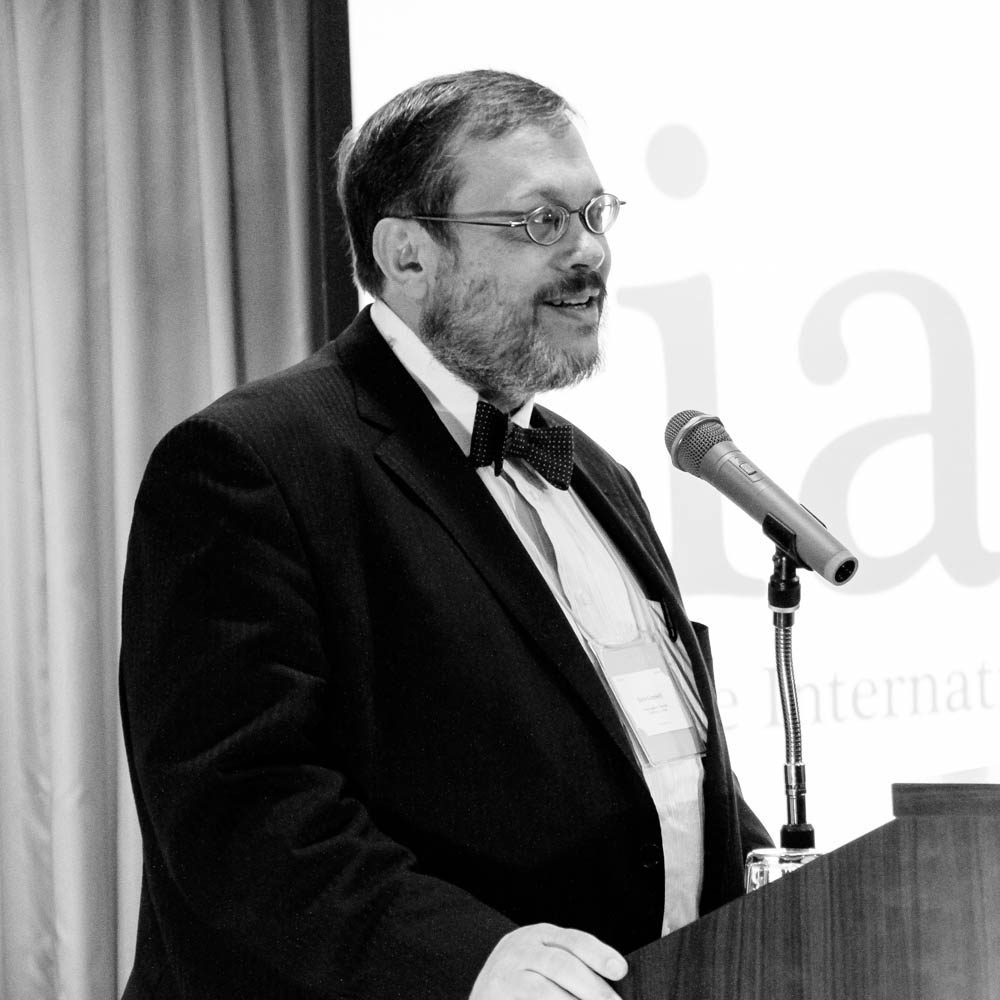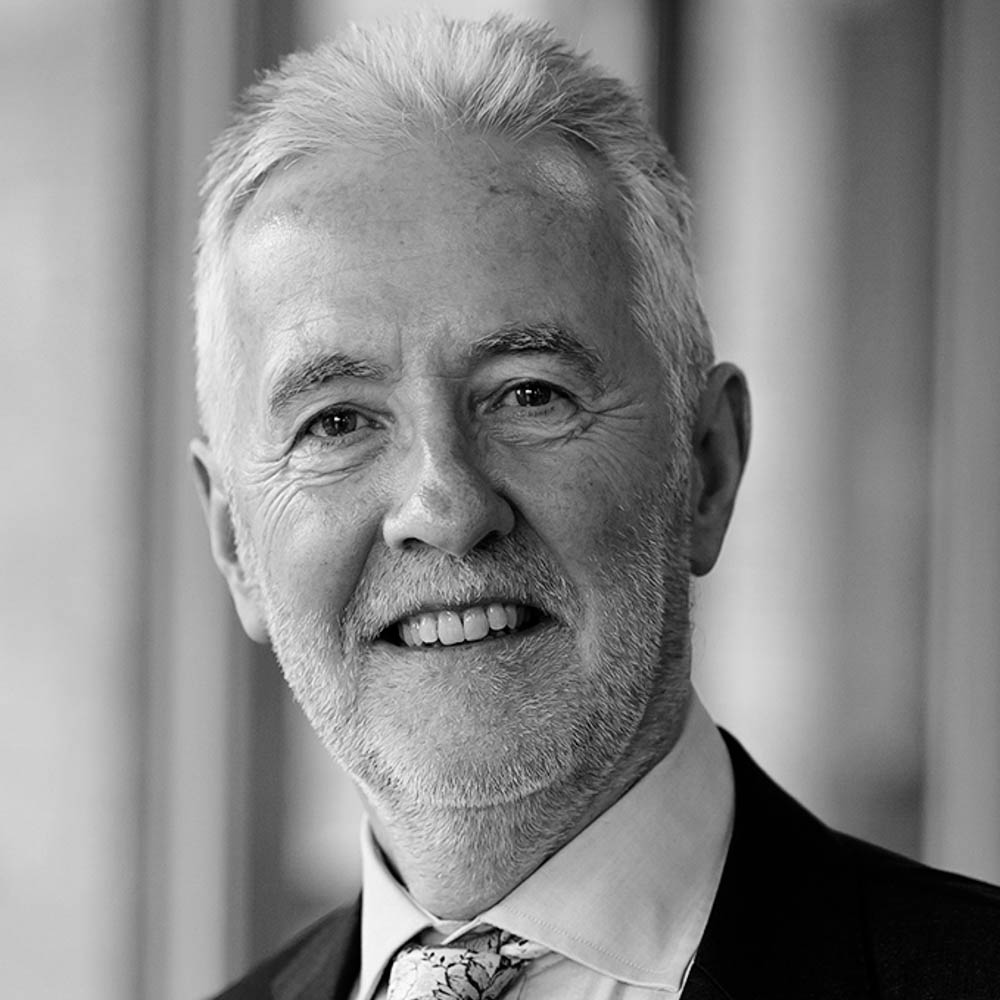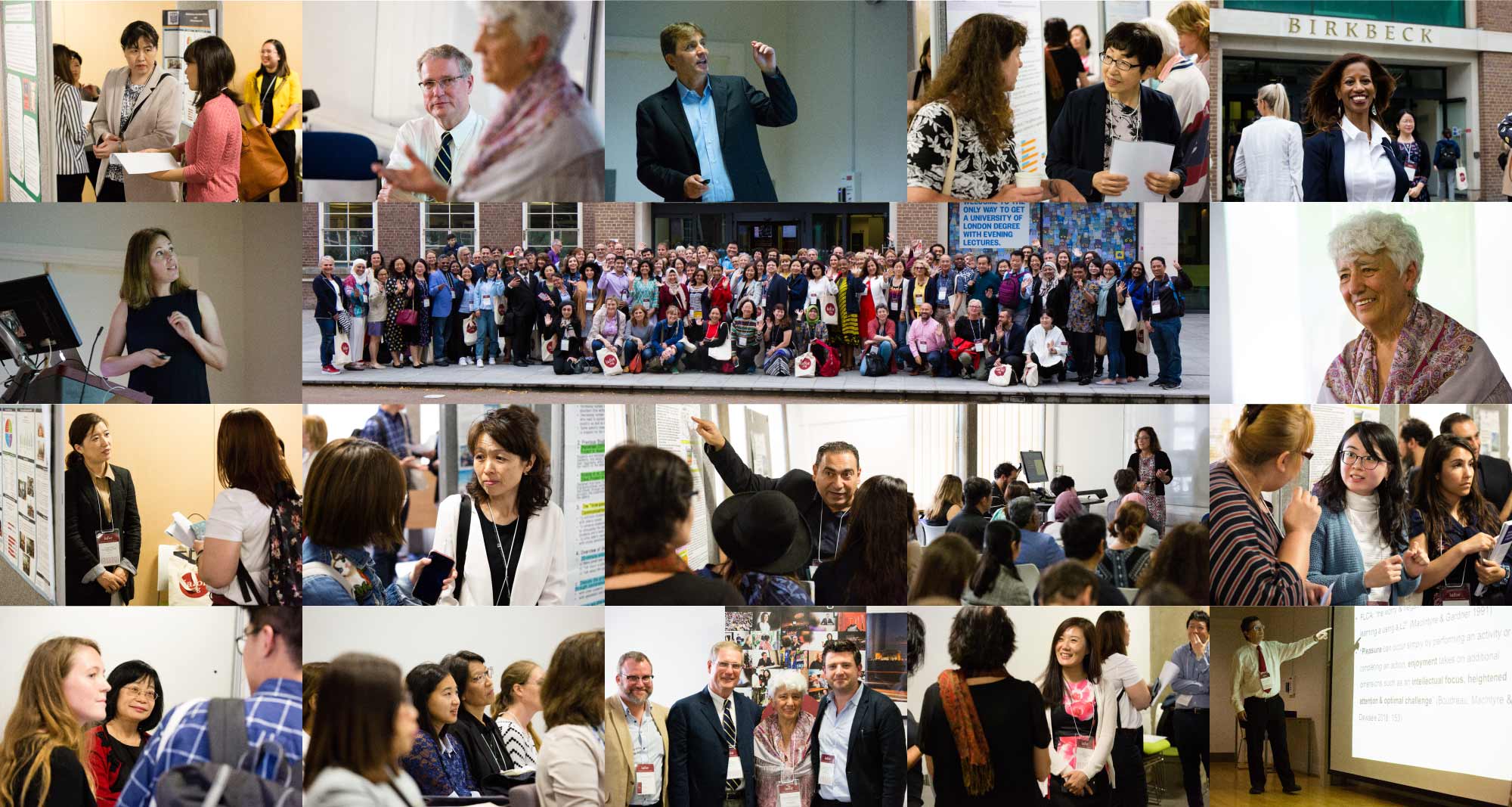
Photographs of The 7th European Conference on Education (ECE2019)
“Independence & Interdependence”
July 19–21, 2019 | Birkbeck, University of London & University College London (UCL), London, UK
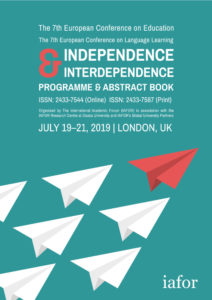 The 2019 conference theme for The 7th European Conference on Education is “Independence & Interdependence”, and invites reflections on the desirability, extent and limits of our individual independence and autonomy, of that of our students, and of the institutions and structures within which we work, teach and learn. We do not educate, and are not educated in vacuums, but in such contexts and constraints as families, groups, and societies; of nations and cultures; of identities and religions; and of political and financial realities.
The 2019 conference theme for The 7th European Conference on Education is “Independence & Interdependence”, and invites reflections on the desirability, extent and limits of our individual independence and autonomy, of that of our students, and of the institutions and structures within which we work, teach and learn. We do not educate, and are not educated in vacuums, but in such contexts and constraints as families, groups, and societies; of nations and cultures; of identities and religions; and of political and financial realities.
Ever changing technologies offer new ways for us to be independent and autonomous learners, encouraging students to be self-directed and confident in making choices, and enabling and empowering students and teachers to be proactive and tailor content. However, myriad technologies and services make us more dependent on the very things allowing autonomy. How do we help students and teachers alike navigate and curate the vast information available? How do we encourage individual growth while also underlining the importance of belonging and of the reciprocal responsibilities and privileges of education? How do we help students build the skills and attitudes necessary for positive engagement in distributed, globalised communities that so often lead to polarisation and alienation instead? How do we educate with independence and interdependence in mind?
IAFOR Journal of Education (Scopus Indexed Journal)
 This conference is associated with the Scopus and DOAJ listed IAFOR Journal of Education.
This conference is associated with the Scopus and DOAJ listed IAFOR Journal of Education.
Photo Report
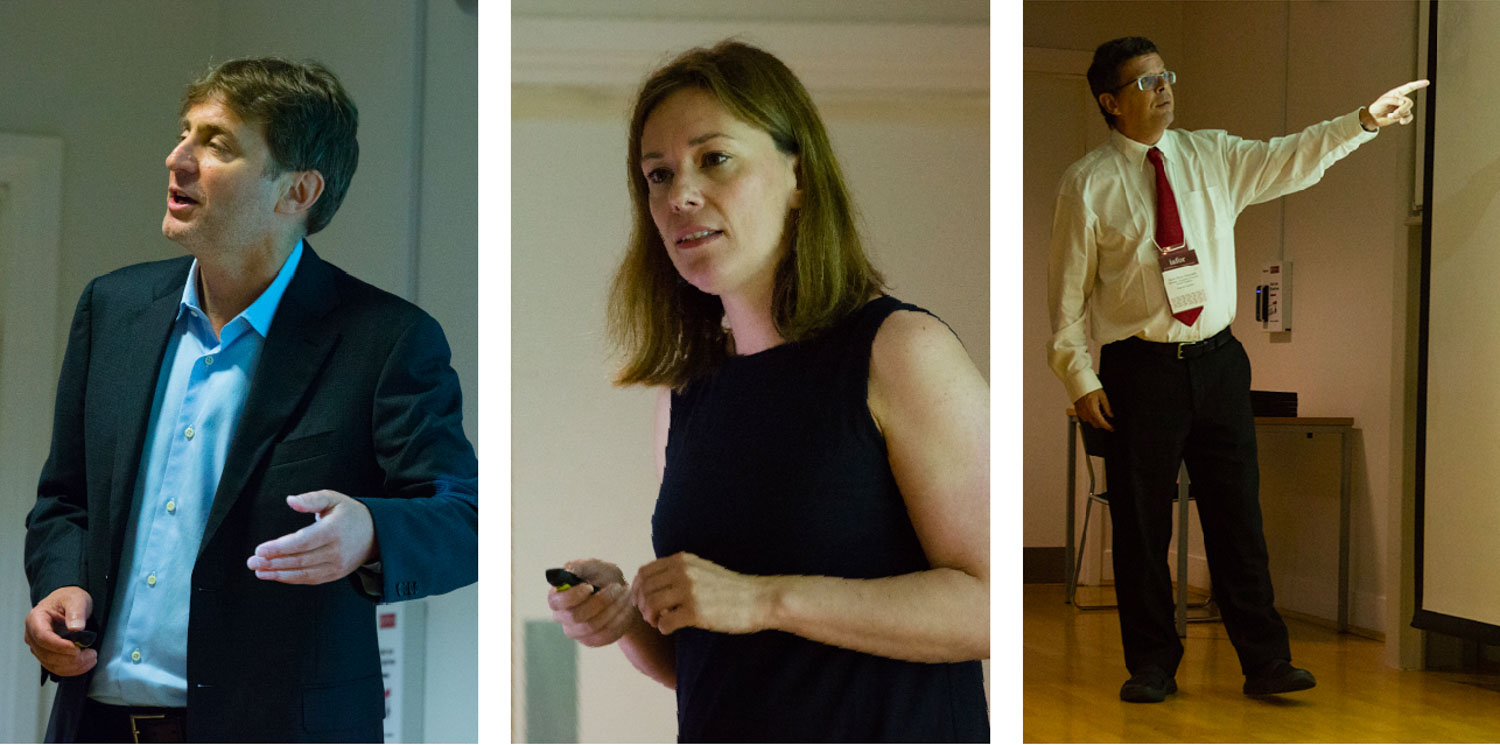
IAFOR was excited to take the seventh European conferences on Education (ECE2019) and Language Learning (ECLL2019) to the great city of London, where it was held on both Birkbeck and UCL’s IoE campuses in Bloomsbury. More than 300 academics joined IAFOR’s biggest European event, and the plenary session kicked off with Professor Thanassis Rikakis (above left), of Virginia Tech (USA), who presented on how “Transdisciplinary Knowledge Ecosystems can Advance Interdependence and Agency”, in a presentation that spoke both to IAFOR’s interdisciplinary mission, and that of the conference theme of "Independence and Interdependence". In her Keynote Presentation titled, “Challenges and Solutions to Improving Educational Outcomes”, Dr Jo Van Herwegen (above center), of the UCL IoE (UK), discussed the challenges to changing classroom practice and the importance of overcoming obstacles in order to improve education. Professor Jean Marc Dewaele, from Birkbeck, University of London (UK), delved into the psychology of learners and educators in his Keynote Presentation “The Emotional Rollercoaster Ride of Foreign Language Learners and Teachers” in which he explored the role teachers must play in guiding language learners to be more creative and effective communicators.
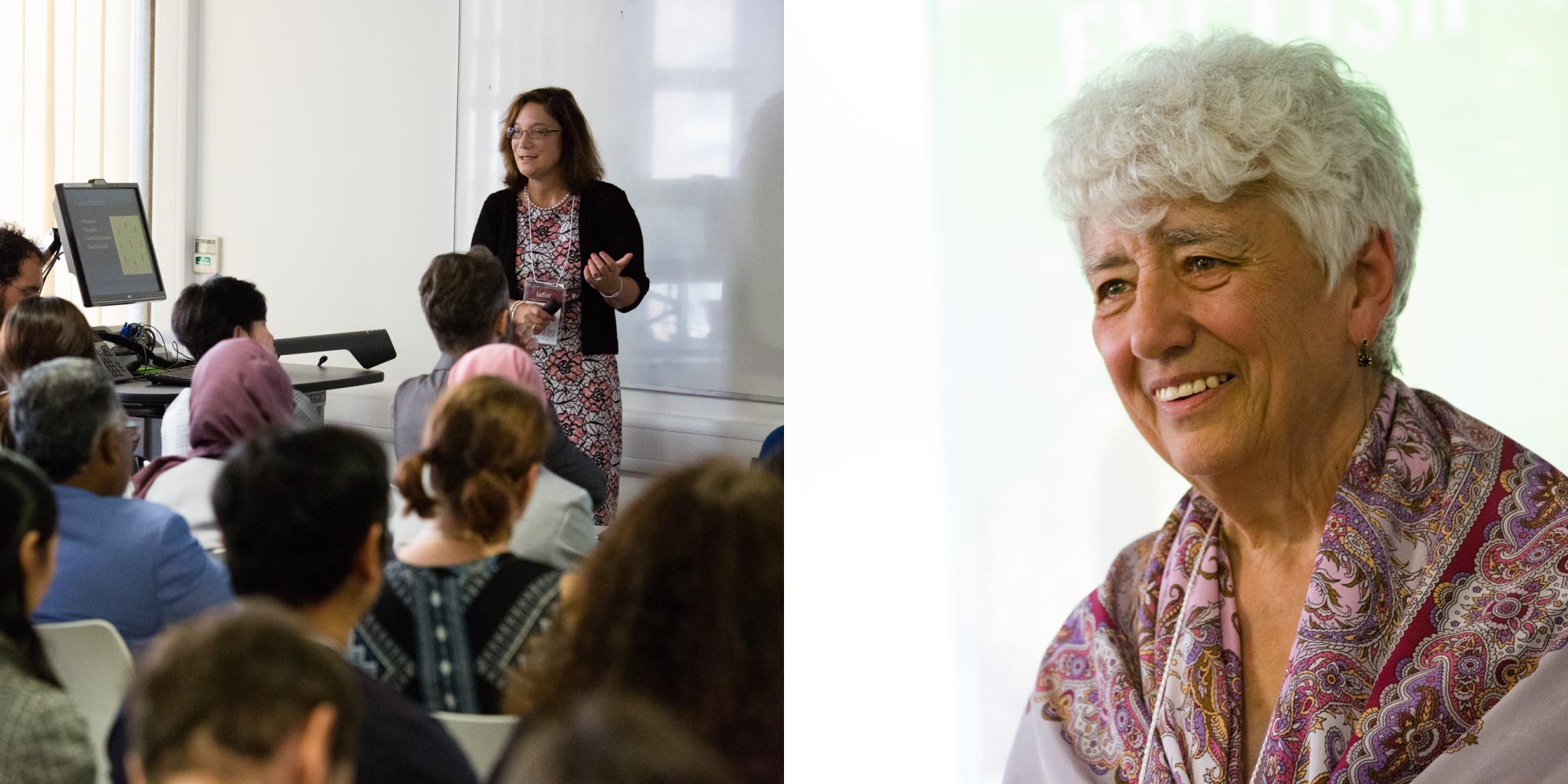
Above left: Professor Barbara Lockee, from Virginia Tech (USA), gave a Keynote Presentation titled “Interaction in Online Learning: A Design Paradox” on the apparent paradox of online learning being created to increase independence while educators increasingly seek ways to create interaction and interdependence in distance learning programmes. Above right: Professor Svetlana Ter-Minasova (Lomonosov Moscow State University, Russia) was interviewed by longtime friend and colleague Bruce Monk on her career as Russia’s leading public intellectual and proponent of ELT in Russia, which included reflections on the development of scholarship in the field, the differences in teaching in the Soviet Union and after its collapse, and the changes she has seen in students over her years in education.
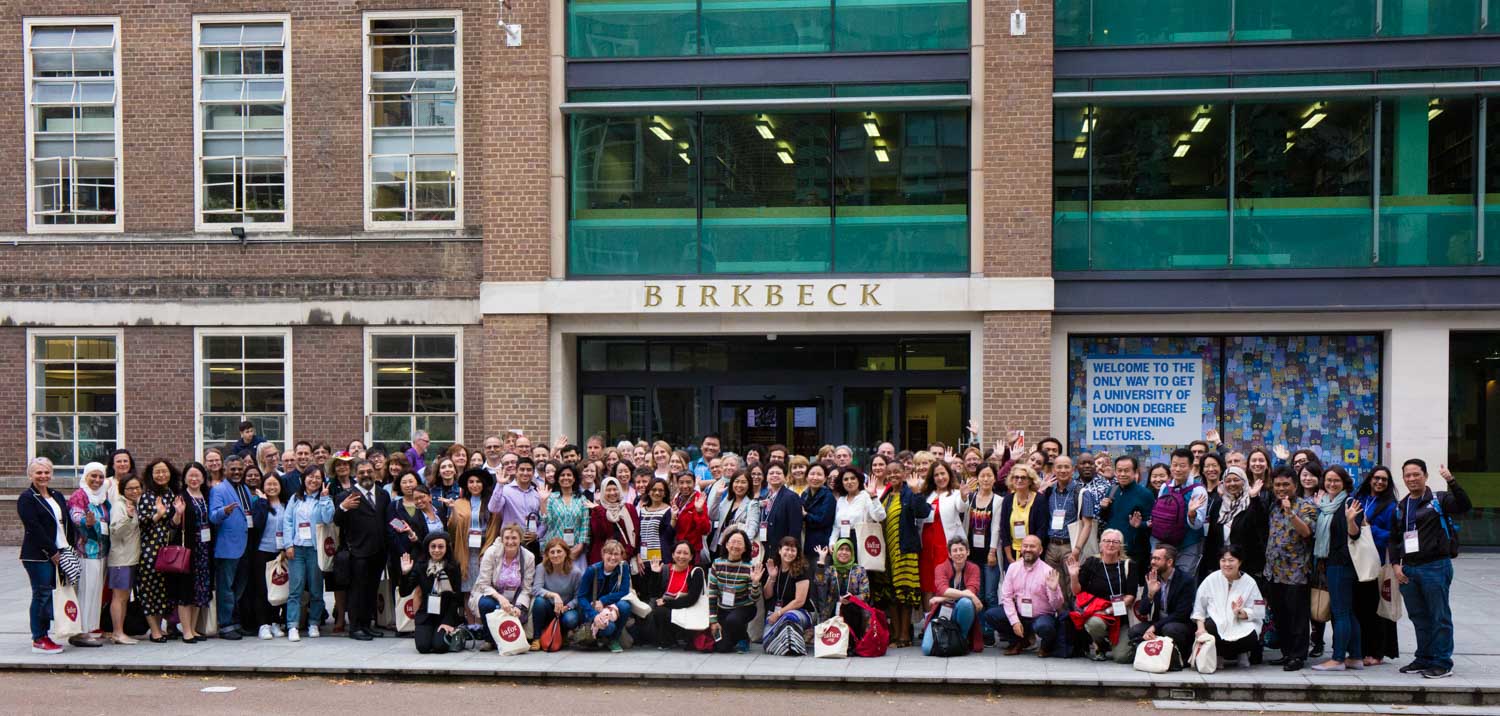
Above: Delegates gathered for a group photo outside Birkbeck, University of London.
Programme
-
 Education as a Route to Independence and InterdependencePlenary Panel: Anne Boddington, Jean Marc Dewaele, Mary Stuart & Zachary Walker
Education as a Route to Independence and InterdependencePlenary Panel: Anne Boddington, Jean Marc Dewaele, Mary Stuart & Zachary Walker -
 Five Faces of this GenerationKeynote Presentation: Zachary Walker
Five Faces of this GenerationKeynote Presentation: Zachary Walker -
 Challenges and Solutions to Improving Educational OutcomesKeynote Presentation: Jo Van Herwegen
Challenges and Solutions to Improving Educational OutcomesKeynote Presentation: Jo Van Herwegen -
 The Emotional Rollercoaster Ride of Foreign Language Learners and TeachersKeynote Presentation: Jean-Marc Dewaele
The Emotional Rollercoaster Ride of Foreign Language Learners and TeachersKeynote Presentation: Jean-Marc Dewaele -
 Trandisciplinary Knowledge Ecosystems can Advance Interdependence and AgencyKeynote Presentation: Thanassis Rikakis
Trandisciplinary Knowledge Ecosystems can Advance Interdependence and AgencyKeynote Presentation: Thanassis Rikakis -
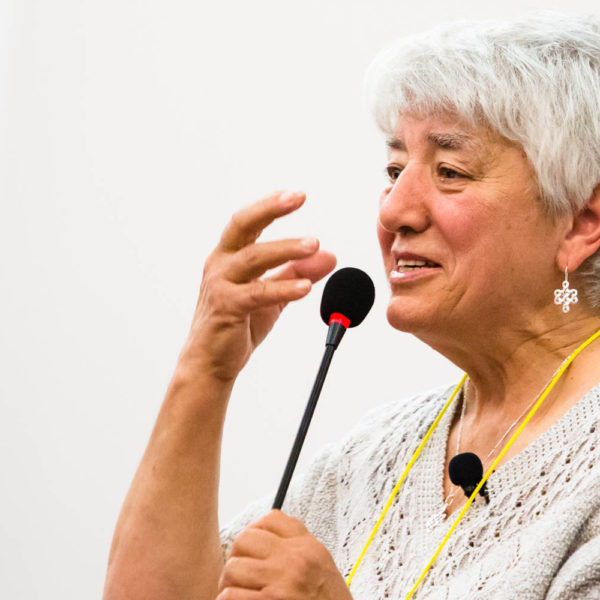 Nation-Specific Peculiarities of Language Learning and Teaching: An InterviewSpecial Interview Presentation | Svetlana Ter-Minasova & Bruce Monk
Nation-Specific Peculiarities of Language Learning and Teaching: An InterviewSpecial Interview Presentation | Svetlana Ter-Minasova & Bruce Monk -
 Interaction in Online Learning: A Design ParadoxKeynote Presentation: Barbara Lockee
Interaction in Online Learning: A Design ParadoxKeynote Presentation: Barbara Lockee -
 Education as a Route to Independence and InterdependenceKeynote Presentation: Mary Stuart CBE
Education as a Route to Independence and InterdependenceKeynote Presentation: Mary Stuart CBE
Speakers
-
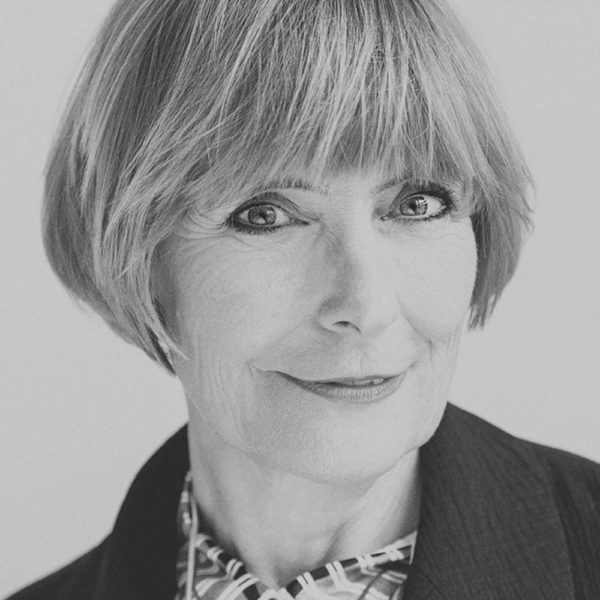 Anne BoddingtonUniversity of Brighton, UK
Anne BoddingtonUniversity of Brighton, UK -
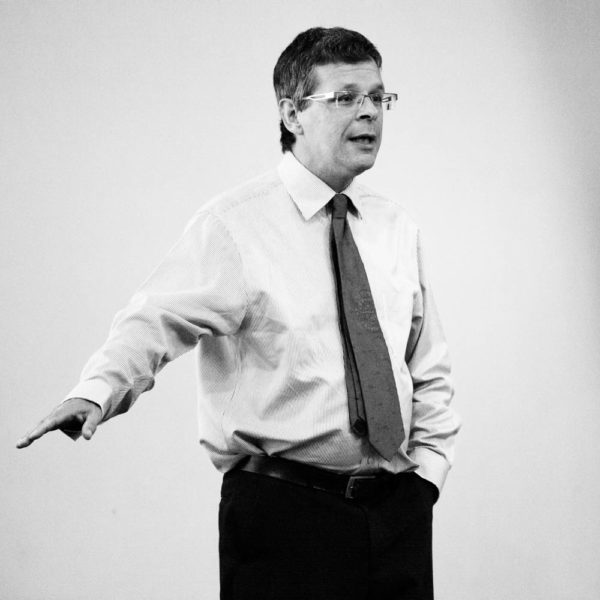 Jean-Marc DewaeleBirkbeck, University of London, UK
Jean-Marc DewaeleBirkbeck, University of London, UK -
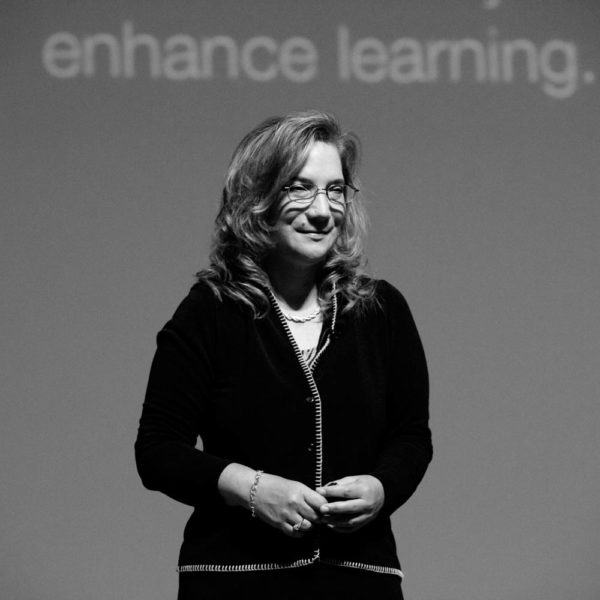 Barbara LockeeVirginia Tech, USA
Barbara LockeeVirginia Tech, USA -
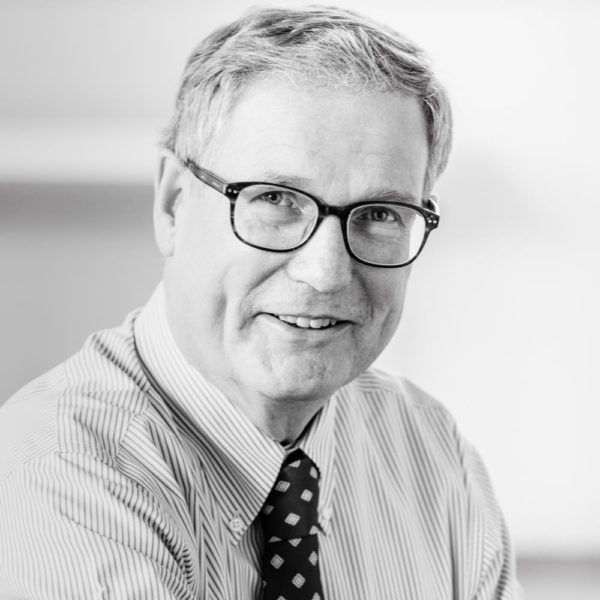 Bruce Monk
Bruce Monk -
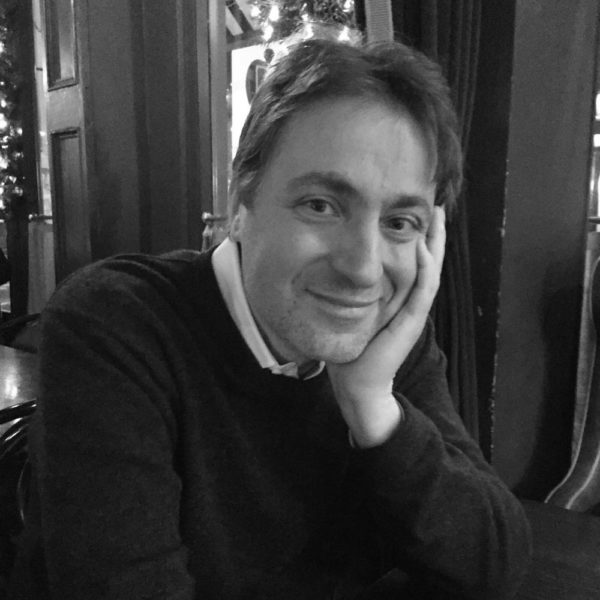 Thanassis RikakisVirginia Tech, USA
Thanassis RikakisVirginia Tech, USA -
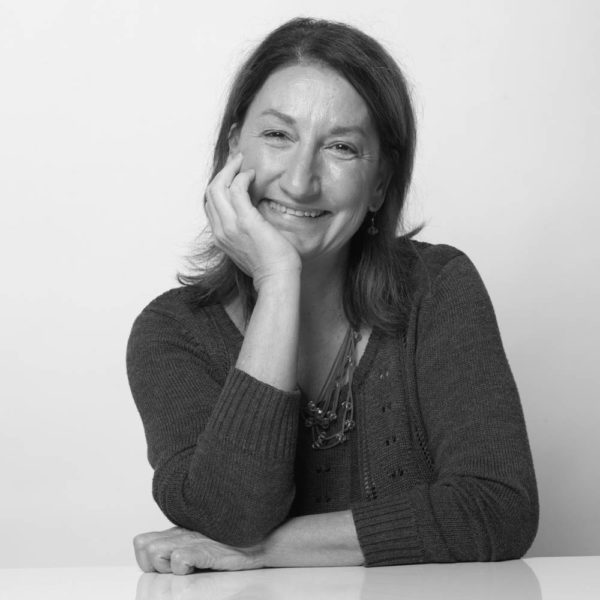 Mary Stuart CBEUniversity of Lincoln, UK
Mary Stuart CBEUniversity of Lincoln, UK -
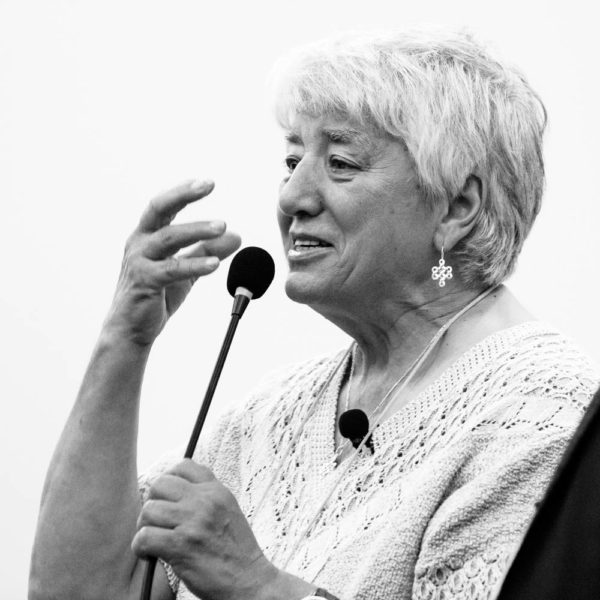 Svetlana Ter-MinasovaLomonosov Moscow State University, Russia
Svetlana Ter-MinasovaLomonosov Moscow State University, Russia -
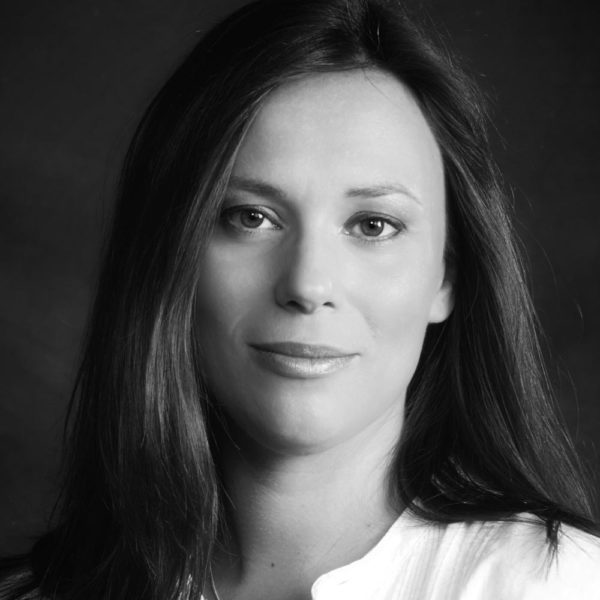 Jo Van HerwegenUCL, UK
Jo Van HerwegenUCL, UK -
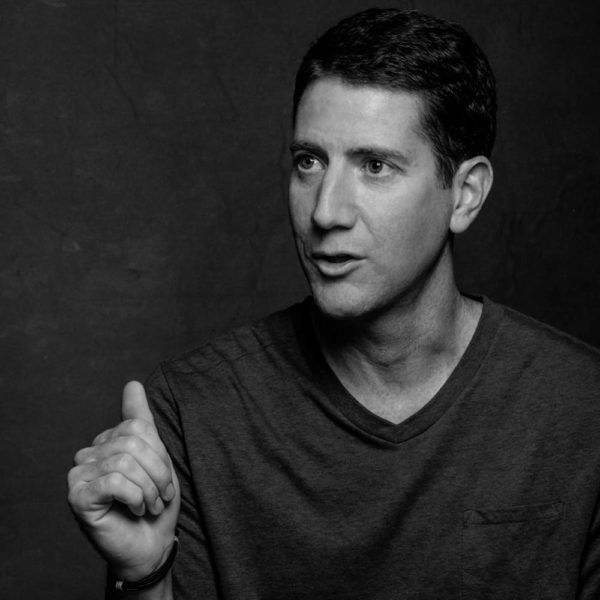 Zachary WalkerUniversity College London, UK
Zachary WalkerUniversity College London, UK
Organising Committee
The Conference Programme Committee is composed of distinguished academics who are experts in their fields. Conference Programme Committee members may also be members of IAFOR's International Academic Board. The Organising Committee is responsible for nominating and vetting Keynote and Featured Speakers; developing the conference programme, including special workshops, panels, targeted sessions, and so forth; event outreach and promotion; recommending and attracting future Conference Programme Committee members; working with IAFOR to select PhD students and early career academics for IAFOR-funded grants and scholarships; and overseeing the reviewing of abstracts submitted to the conference.
-
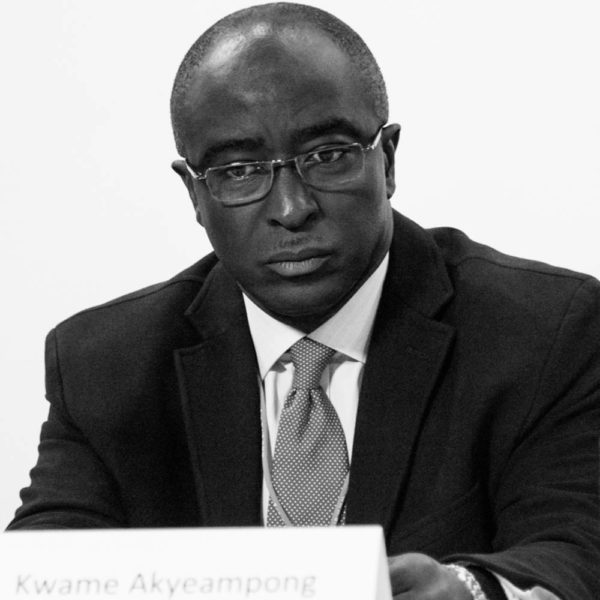 Kwame AkyeampongUniversity of Sussex, UK
Kwame AkyeampongUniversity of Sussex, UK -
 Anne BoddingtonKingston University, UK
Anne BoddingtonKingston University, UK -
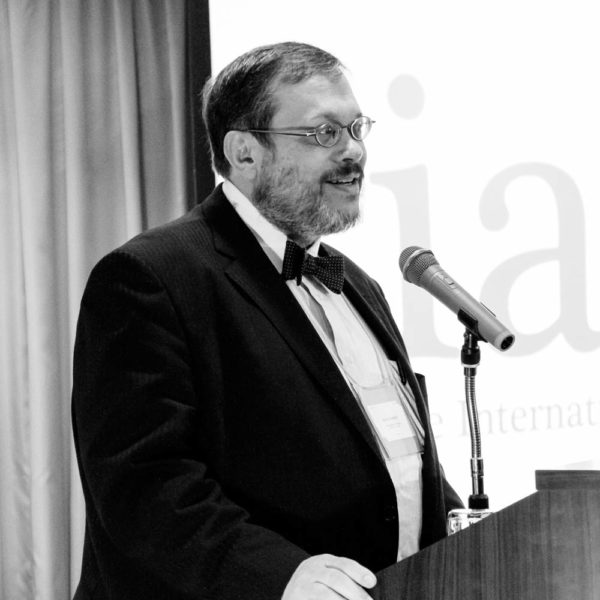 Steve Cornwell (1956-2022)The International Academic Forum (IAFOR) & Osaka Jogakuin University, Japan
Steve Cornwell (1956-2022)The International Academic Forum (IAFOR) & Osaka Jogakuin University, Japan -
 Jean-Marc DewaeleBirkbeck, University of London, UK
Jean-Marc DewaeleBirkbeck, University of London, UK -
 Joseph HaldaneThe International Academic Forum (IAFOR), Japan
Joseph HaldaneThe International Academic Forum (IAFOR), Japan -
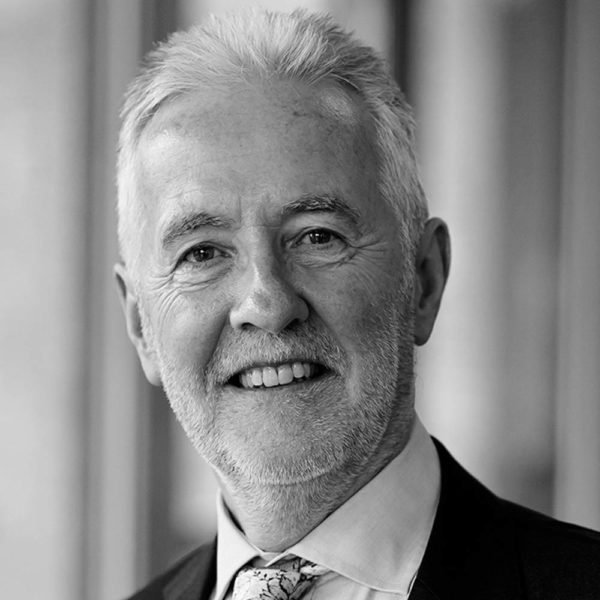 Brian HudsonUniversity of Sussex, UK
Brian HudsonUniversity of Sussex, UK -
 Barbara LockeeVirginia Tech, USA
Barbara LockeeVirginia Tech, USA -
 Zachary WalkerUniversity College London, UK
Zachary WalkerUniversity College London, UK
ECE2019 Review Committee
- Dr Dandy George Dampson, University of Northampton, United Kingdom
- Dr Denise De Souza, Nanyang Technological University, Singapore
- Dr Kazi Hossain, Millersville University of Pennsylvania, United States
- Dr Margarita Georgieva, Blackpool & The Fylde College, United Kingdom
- Dr Masooma Al Mutawah, University of Bahrain, Bahrain
- Ms Nadia Alshahrani, University of Leicester, United Kingdom
- Dr Najah Al Ramahi, Ajman University, United Arab Emirates
- Dr Pearl Subban, Monash University, Australia
- Dr Saramma Chandy, Lords Universal College of Education (Retd), India
- Dr Shermeen Nizami, Carleton University, Canada
- Dr Tania Dias Fonseca, Kingston University London, United Kingdom
- Dr Tony Pellegrini, Southern Utah University, United States
- Dr Y.M. Tang, The Hong Kong Polytechnic University, Hong Kong
